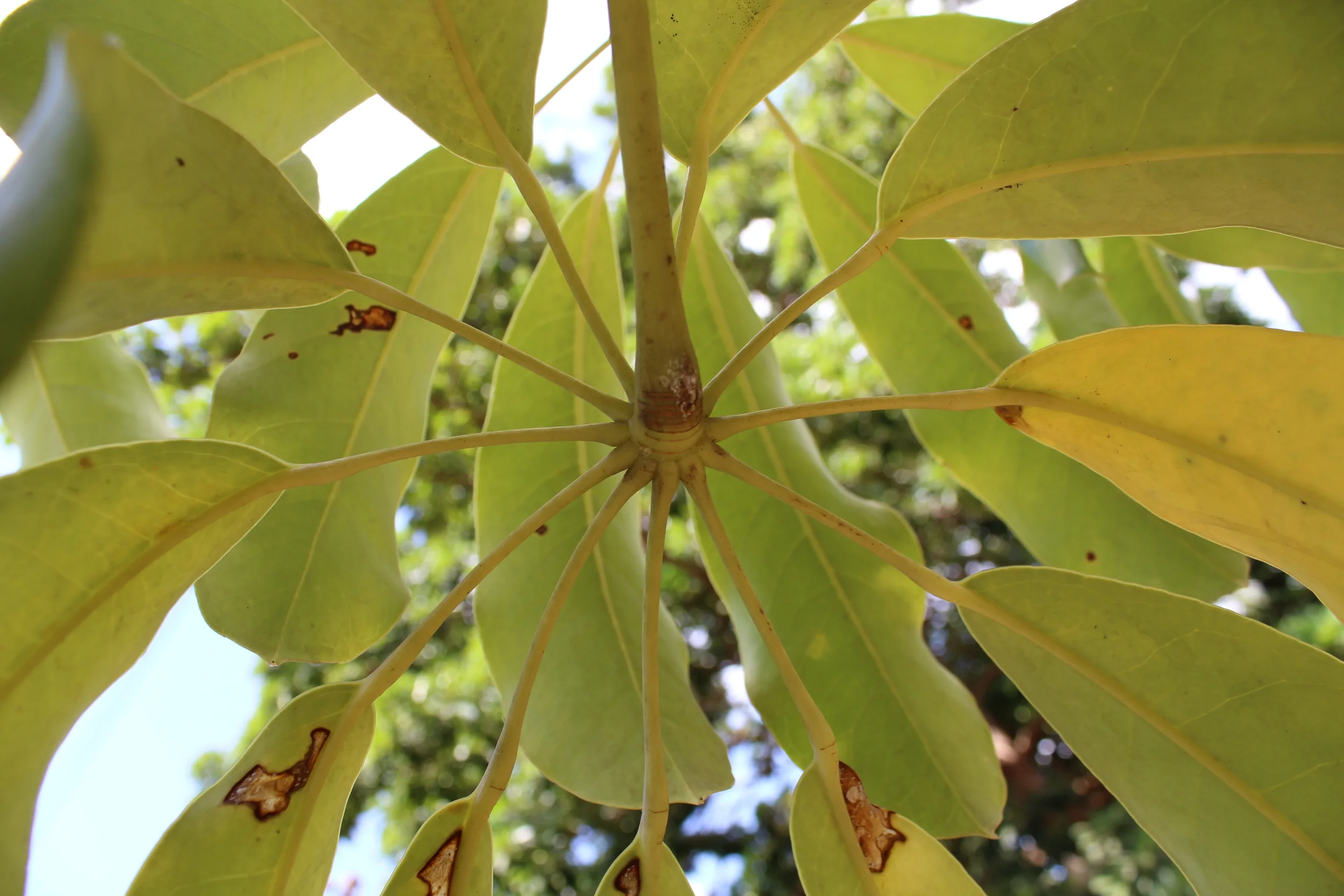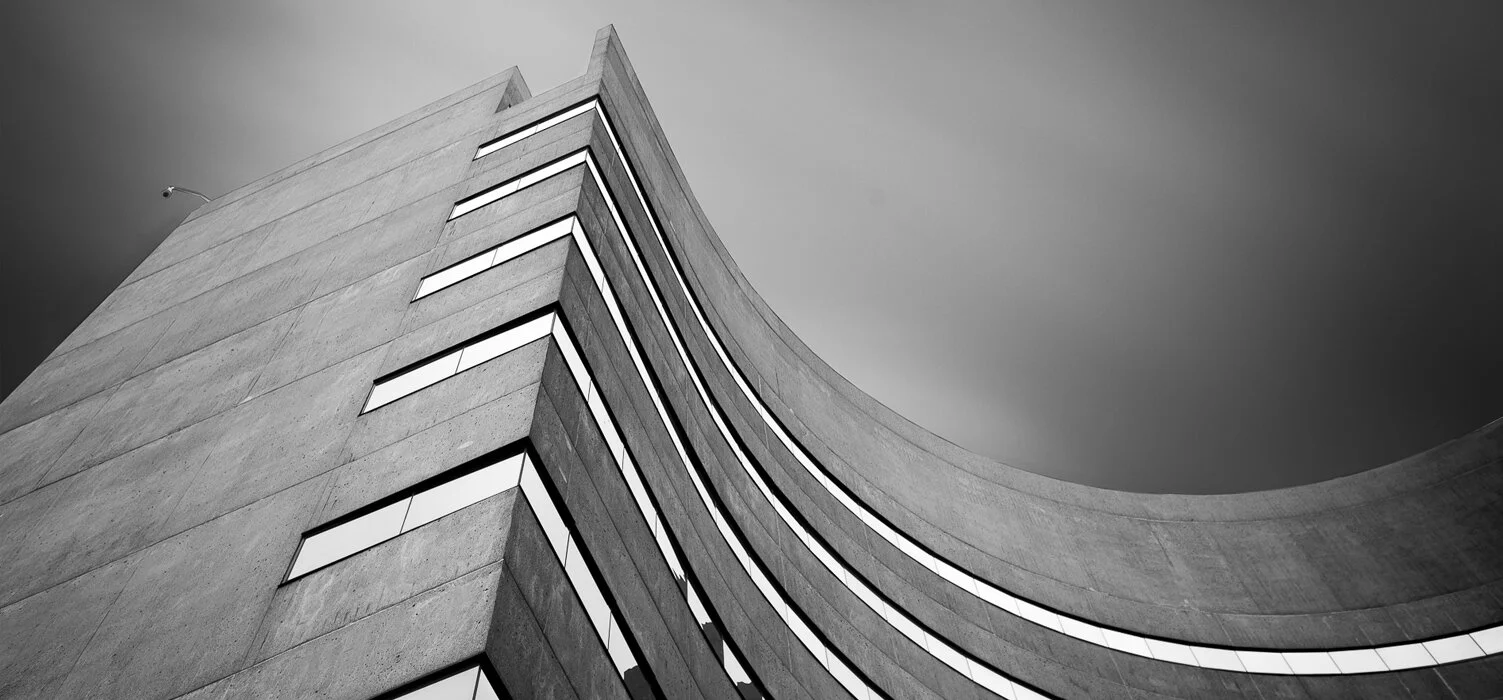The Institute for Composer Diversity is well-known in the Classical Music world for creating a database of composers searchable by identity markers including race, gender, and 2SLGBTQIA+ identities, as well as “genre” and location. While presented as a seemingly helpful tool, several members of the classical and contemporary/new music communities have expressed concern and doubt over the behavior and effectiveness of this organization.
My Conversation with Seungmi, Part 4: Moving Forward Together
Midori Samson: I have one more question: As a music lover, how would you want to see musicians using a social justice approach and a critical lens in our field?
Seungmi Cho: Well, it’s hard to answer. When I go to a performance, it’s something I enjoy!
M: I tend to forget that some people feel that way.
S: Yes! I go to a concert and I just enjoy it. It makes me feel good. It helps energize my mind. But the performances that stick with me are the ones where I see an orchestra and I can sense respect between the musicians, the conductor, and the audience. For example,
My Conversation with Seungmi, Part 3: Defining Social Justice
Midori Samson: You said social justice, and I want to know what that means…
Seungmi Cho: When I was a young 20-year-old on this campus, I first began learning about social justice as a conversation about access, not just about diversity. So, in the topic of international adoption, a social justice conversation is not just about increasing awareness of the adopted child’s racial difference;
My Conversation with Seungmi, Part 2: Musical Voice and Antiracist Imaginings
Seungmi Cho: Can you tell me more about the nature of voice as a musician? I ask because empirical research tries to be voice-neutral. I think music allows for a distinct voice; it really does destabilize the idea that truth is discovered. I think appreciating voice could make a case for knowledge as translation of voice versus knowledge as discovery of something that didn’t exist as knowledge prior to its discovery by the researcher.
Midori Samson: I actually think that music and the way music education operates—at least the way I was brought up in it—totally eliminates voice and oppresses individuality, having opinions, and talking about truth.
My Conversation with Seungmi, Part 1: Art vs. Science, Managing Pain, and Antiracism as Personal Liberation
Seungmi Cho: (with a chuckle) So, can you tell me again… what is this? What role are you in?
Midori Samson: I feel like I always want to talk to you when I need a social justice booster or check up! I think I’ve told you about my organization, Trade Winds Ensemble. Sometimes I think we feel insecure—like, we’re musicians, so we must not know anything other than music. Which isn’t true of course…
There Are More Important Things Than Perfection
For most of my life, I’ve taken great pride in being a perfectionist. This profound need for a singularly focused pursuit of excellence has served me well through much of my formal education and was an asset in my early career in music. In learning to play the violin, I was encouraged to nurture perfectionism. As a student, I believed attention to detail for the sake of attention to detail was a worthy pursuit. I believed that if you could perfect your technique, eventually you would become an artist with worthwhile ideas. Among some of my peers and mentors, it was seen as a badge of honor to sacrifice time with friends and family, forgo other coursework, avoid outside interests and hobbies, and even be unaware of world events because you were “in the practice room.” That desperate value I placed on being perfect—the value system that is still so deeply woven into my understanding of who I am as a person—is part of why I don't play the violin professionally today. Perfectionism damaged the relationship I had with my creative self, and I'm embarking on a lifelong journey to repair it.
I ran from classical music after college and felt lost. I had spent so many years studying the violin that I was unsure of who I was without it as a regular part of my life. I went to a school for the visual arts for my graduate degree where I majored in arts administration. Despite my best efforts to appear confident in my choice to my friends and family, I was in the middle of a personal and professional identity crisis. Had I wasted all those years? Was I simply not cut out for life as an artist and now settling for a less creative life? I couldn't imagine the craft that took up so much of my life being relegated to a hobby.
Ryan Blocker leads a panel discussion for students of The People’s Music School (Chicago, IL) with members of Trade Winds.
Strangely enough, my re-discovery of myself as a creative person was birthed from my decision to learn more technique. In graduate school, I began illustrating comics and delving into cultivating my skills as a writer and researcher. In visual art, I began to learn the value of just making a mark first. Ideas could reveal themselves on canvas and didn’t necessarily need to be planned from the beginning. My responses to those ideas mattered. In my writing, I began to trust my own curiosity. The questions I raised about art, politics, and social issues resonate with people. As an artist and arts administrator, I found communities who placed less value in the divisions between amateur and professional. I wasn’t someday going to rise to the level of artist. I was an artist today because I had made something. Or even if I didn’t call what I made art, it mattered. My thoughts and life experiences counted outside of my ability to execute them perfectly. For the first time, I was not learning technique in a vacuum. I was learning that technique is the ability to express whatever I wanted in exactly the manner I wanted to express it.
Suddenly I understood the pursuit of technique to be a much more vast and exciting landscape. I became more and more interested in the pedagogical frameworks of other technical crafts. So after a lifelong curiosity, I enrolled in acting classes about three months ago. The short amount of time I have spent pursuing this craft has done more to heal my relationship with my creativity and attachment to perfection than anything in my life thus far. The contemporary acting technique starts from the premise that there is inherent value in the body simply because it has already experienced emotions and sensations. Your objective as an actor is to recreate those realities in different contexts, and your entire body is the vehicle for that expression. It is, without question, the most difficult craft I’ve ever taken on—to create a recognizable human being with their own memories, fears, desires. Many non-actors would be shocked at how difficult it is to recreate just one believable moment of conversation. But there has been such a fruitful exploration and healing for me in the training because perfection isn’t a goal post. Every scene or monologue is different from the last with an infinite amount of discoveries to be made. Acting requires a frightening and exhilarating level of vulnerability and a level of focus that I truly believe is unrivaled by any other art form. My attachment to perfection and fear of making a fool of myself are now the biggest obstacles I face as an acting student. The attributes that once served me so well on a recital stage now block me from telling the truth. It’s likely they blocked me on the recital stage, too.
As a child who was bullied relentlessly for my queerness, size, and Blackness, I had constructed the idea that being perfect or without noticeable “flaws” is what it meant to matter. And because so much of that negative messaging was about my body and self-presentation, I built my sense of worth external to my body. If my body wasn’t worthy of respect, desire, or love, at least the things I did could be. I brought that brokenness into my study of music from the very beginning. I needed to be perfect because I needed to matter. That belief was often reinforced by the structure of formal music education. As a student, I struggled with criticism and feedback because I had no belief in my intrinsic value. Many of my wounds in music were self-inflicted.
I don’t wish to gloss over the ways the other creative professions replicate some of the same obstacles as classical music or to disregard the ways the acting profession has a shameful scarcity of opportunities for who are queer, fat, racial minorities, and disabled. Nor do I want to disregard the fact there are excellent music teachers who cultivate these understandings within their students. However, for me, the exploration of artistic practices outside of music have been deeply restorative. I find myself wishing that my own music training had also welcomed the study outside art forms.
It has been through these new creative pursuits that I have been able to pick up the violin again with joy and without tension. All of these paths have informed the other. And my creativity has continued to find me in the most unexpected ways.






